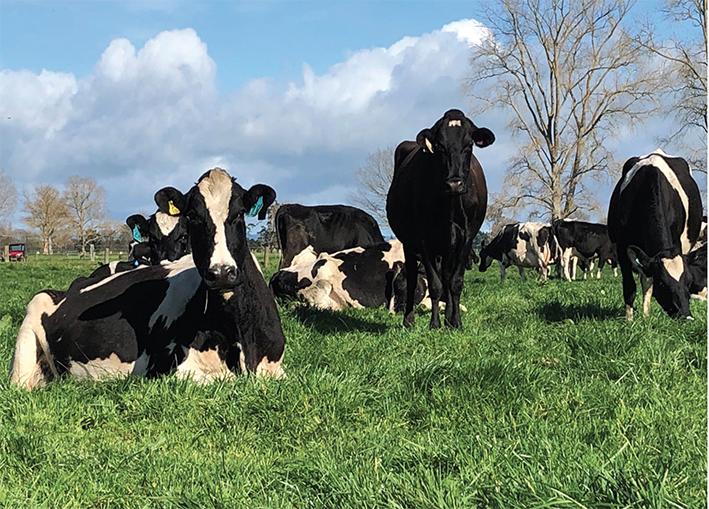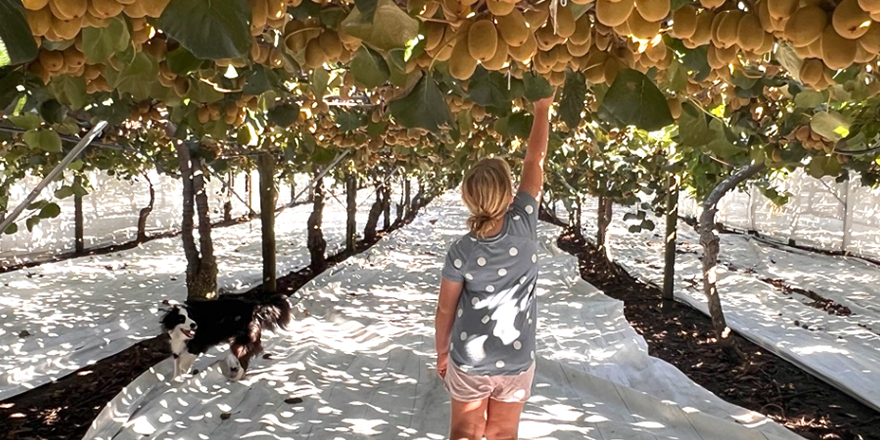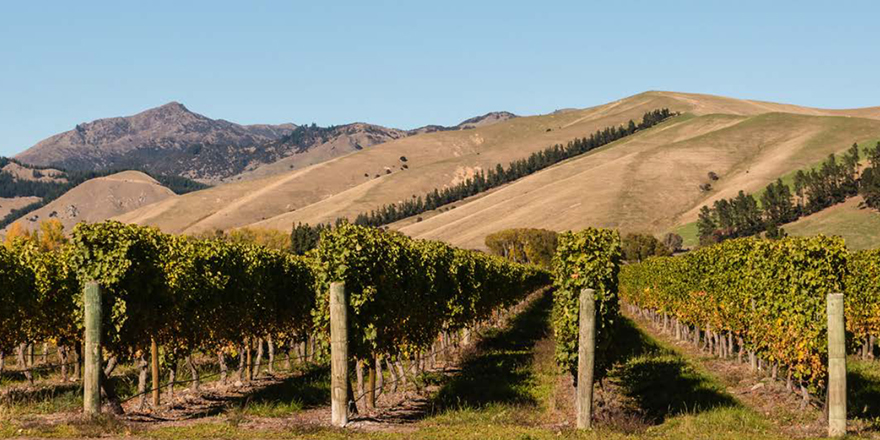A reduction of Greenhouse gases is being demanded through our value chains. Farmers need to be at the table of change, not on the menu. The boots on the ground are part of the solution and need to be part of discussions and decisions. Farmers must remain profitable to enable change.
In the aftermath of the World Wars, nations prioritised food security and production, leading to increased international trade. Post-COVID, global discussions now revolve around food and fuel security, climate improvements, and sustainability. Agriculture is recognised as crucial in finding solutions to these challenges, with responsibility extending throughout the entire value chain, not just to farmers. Trade plays a pivotal role in resource sharing and environmental sustainability, exemplified by New Zealand’s dairy industry, which exports 95% of its products.
However, the dairy industry faces environmental pressures, both domestically and internationally. Successful mitigation programs emphasise voluntary, trusted, and measurable approaches, such as those seen in the Catskills Watershed and Arla’s 80-point programme.
To avoid dairy becoming the new coal and instead be part of the climate solution, financial solutions driven by Environmental, Social, and Governance (ESG) targets are crucial. Companies setting ESG targets are viewed as more successful and profitable, leading to increased access to capital. Green loan funds globally highlight the growing importance of sustainability in business.
Consumers’ demands for greenhouse gas reductions are not met with a willingness to pay, but rather through pressure from ESG stakeholders, investors, and employees. Market and capital access is now contingent on meeting social expectations, such as sustainability plans.
Transition payments through the value chain offer a solution, alleviating the burden falling solely on farmers and ensuring their economic viability during the transition to more sustainable practices that reduce greenhouse gases. Brands and customers, such as Nestle and Mars, are recognising the need to support farmers through this transition. However, structuring payments is complex, with brands currently willing to pay for greenhouse gas reductions but not yet for other nature-positive outcomes.
A reverse auction model or transition payment system could provide a platform for change, enabling farmers to choose their level of participation and providing compensation for their efforts in adopting sustainable practices. New Zealand’s unique farming system, facilitated by cooperatives like Fonterra, presents opportunities for collective action and innovative solutions.
By embracing ESG principles and transitioning towards sustainability, agriculture can ensure continued access to markets and capital while addressing environmental challenges. Early adopters stand to eliminate their risks and become experts in sustainable farming practices, shaping the future of agriculture for generations to come.
Keywords for Search: Kylie Leonard





